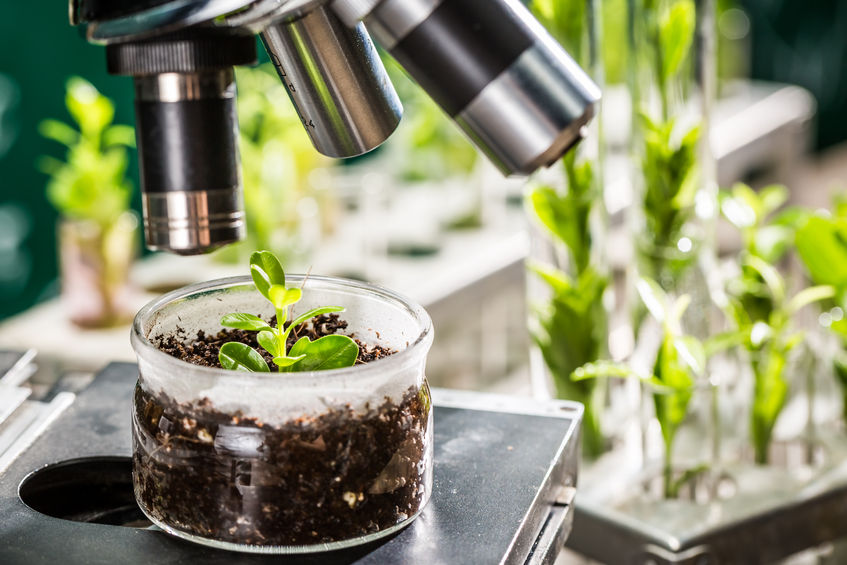UK seeks to cement itself as leader of agri-tech with new £500m project

A new £500m project has been announced which seeks to cement Britain's position as an innovator in the growing agri-tech industry.
The agri-tech park, to be part of Cambridge's thriving scientific and technology scene, seeks to help deliver on the ambitious vision in this week’s Industrial Strategy, to ensure Britain is at the forefront of advanced sustainable agriculture.
Part of the strategy's aim is making the UK the world’s most innovative nation by 2030 by capitalising on artificial intelligence (AI) and a "new industrial revolution". The government has committed to investing £725 million over the next 3 years to achieve this.
The new agri-tech development, Arc, hopes to be part of this drive for innovation. It will be one of the UK’s most significant agri-tech parks with over 1 million sqft of lettable employment space and adjacent agricultural land, dedicated to advancing the agri-tech and related sectors.
Arc is the first major development to be delivered by SmithsonHill, a joint venture between Russell Smith Farms and Hill Commercial Investment. They want to apply their agri-tech expertise to address the challenges of global food security.
The development will accommodate up to 4,000 employees, and will bring together agricultural and tech companies to spearhead a centre of global agricultural innovation and productivity.
Emma Fletcher, Managing Director at SmithsonHill, commented: “Between 2015 and 2016, the number of hungry people globally rose by 38 million. We are facing a global food production challenge and with the population estimated to rise by a further 2 billion by 2050, it is one that demands immediate attention.
“In order to overcome these issues, world-changing, innovative agri-tech spaces must be established where we can share ideas and learnings and where we can compete on a global scale with other countries.”
Leading destination
Cambridge has firmly established itself as one of Europe’s leading destinations for technology and bioscience, but despite the regions strength in these sectors, Ms Fletcher says the UK agri-tech industry has been under-supplied.
She continued: “Our ultimate aim is to develop a unique environment in which businesses can thrive, and where we will develop and deliver ground-breaking innovations to assist crop production and yield, minimising both input and cost and reducing global food waste.”
Sir James Paice, former Minister of Agriculture and Food, said that for British farming and food to prosper outside the EU, the country will need innovative solutions and technologies.
“The development of a park like this, where industry experts can collaborate and commercialise new technologies is therefore key. Having it near Cambridge which has long been a centre of agricultural research gives it added advantage,” Sir Paice said.
“With the global population increasing rapidly, our ability to develop and export new technologies and grow more food with fewer inputs is becoming more important than ever and unless we invest in facilities such as this we cannot play our part.”
The development has been submitted for planning permission and subject to planning, construction is expected to commence in 2019 with the first units available for occupation in 2022.








